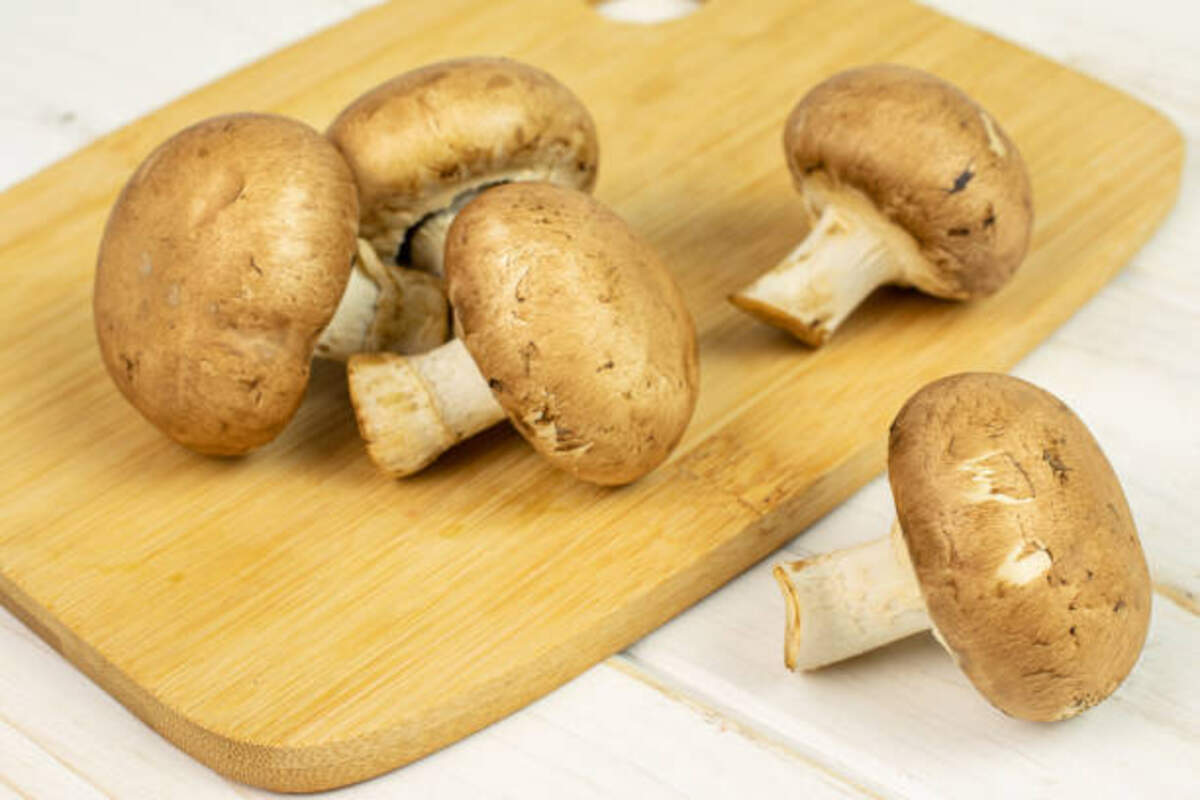Gray foods may seem dull and uninspiring, but they’re delicious and highly nutritious. Some examples include Japanese sesame gray ice cream featuring toasted sesame seeds as the base, with fruity citrus notes for summery refreshment.
Mackerel fish can also provide protein, vitamins B2, B3, and B6, calcium, iron, and potassium, making this food source an excellent source of omega-3 fatty acids.
Muskmelon
Muskmelon is a highly versatile food used in numerous delectable recipes, from soups and desserts to being toasted for a healthy snack. It contains vitamin B9, which has many health benefits, including aiding pregnancy and protecting from cardiovascular disease!
Baobab fruit is another nutrient-rich superfood from Africa that boasts distinctive flavor and texture, providing abundant essential vitamins and minerals. Prep it easily in no time for breakfast or lunch enjoyment; its smooth consistency adds extra delicious flavor!
Yubari King
Yubari, once an obscure coal mining town in Hokkaido, has now become famous for the sweet, juicy, and rare Yubari King melons it produces. Auction houses value these hybrid cantaloupes consisting of different types as highly prized.
Grey foods can come from many sources and still be safe to eat. Many sweet dishes or baked goods, seafood, meat, and seafood all fall under this category, with greying due to oxidation or overcooking; grey fish is sometimes also due to improper storage; these foods make an excellent addition to any diet!
Salted Plum
Salted plum lemonade makes an indulgent and nutritious treat! Crafted with juicy plums, fresh lemons, sugar, and salt – it offers low calories while high in nutrients!
This unique dish derives its vibrant hue from an organic fungus called Huitlacoche. A beloved staple in Mexican cuisine, Huitlacoche offers an earthy taste reminiscent of mushrooms while being packed with antioxidants.
Lentils, another naturally grey food, are particularly susceptible to becoming discolored if stored improperly or cooked at too high a temperature due to enzymatic browning; airtight containers and cooking at lower temperatures are recommended to minimize this process and keep their color.
Fresh Truffles
Grey foods often receive the misperception that they lack flavor; however, many offer exciting and unique flavors! When feeling adventurous, try one of these unusual grey dishes out!
Grey vegetables and fruits do not necessarily indicate spoilage or contamination; their hue can often be explained by natural pigments called anthocyanins or enzymes such as tyrosinase.
Appenzeller cheese, a popular Swiss variety, is famous for its wrinkly exterior and rich, nutty taste. Its distinct holes or eyes result from bacteria living within it as it ages, making this delicious cheese an excellent source of protein and niacin.
Cake Pop
Gray foods might not have the same eye-catching appeal, but they still can add unique flavor and nutrition. Examples include mackerel, which is rich in omega 3-a fatty acids, and huitlacoche, an edible fungus found on corn plants.
Huitlacoche can be added to soups and desserts as a delicious supplement, providing many essential vitamins and minerals, including zinc, copper, calcitriol, and calcium. Huitlacoche can even serve as an ideal replacement for meat! For something truly original, try Gray Owl cheese from Canada, which offers surface-ripened goat’s milk cheese made with surface ripening methods.
Cucumis melo
The Charleston gray cucumber (commonly referred to as chate or Adzhur) is an exquisite variety with warm hues of muted gray that feature thin-skinned fruits with juicy flesh that are perfectly delicious when eaten fresh, in salads, or as dessert. Furthermore, its consumption may help bolster immunity and reduce inflammation for added health benefits.
Gray foods contain essential nutrients to support our lifestyles, helping us lead a healthy existence. While they might appear bland and unappetizing, grey foods have much to offer our health. Caviar, for example, is an appealing grey food that contains vitamin B12 and iron; it also boasts omega-3 fatty acids, which have been known to improve cardiovascular health while helping prevent high blood pressure.
Mackerel
Mackerel is an abundant source of omega-3 fatty acids, which have been shown to lower heart disease risk and blood pressure. They’re also an excellent source of protein and zinc, making this fish versatile enough for any recipe, from roasting to frying and baking!
Canned mackerel makes an excellent alternative to tuna and is milder in flavor than either sardines or anchovies. Use canned mackerel in salads such as the Nicoise salad, or create mackerel melt sandwiches using it as the protein source. In addition, mackerel contains high amounts of choline, which supports healthy cell function; its unique smoky flavor appeals particularly strongly to many individuals.
Pitaya
Hylocereus undatus, commonly called pitaya, has gained international attention due to its delicious sensory qualities and economic significance. Furthermore, this fruit is an excellent source of bioactive phytochemicals with solid antioxidant capacities.
Fruit contains an array of volatile compounds, such as phenolics and betalains, contributing to its high antioxidant capacity. Furthermore, its mineral content is high, while beneficial enzymes are present.
However, pitaya varieties with resistance to root-knot nematode and plant hopper infestation should be preferred when selecting varieties with resistance against diseases and aphids. Aphid parasitoids and predators can help control them effectively; for best results, it’s also wise to choose pitaya varieties that provide ample resistance against diseases and pests.
Mushrooms
People typically associate grey foods with bland and tasteless fare. Yet there are plenty of delightfully tasty gray dishes out there that offer unique nutritional and culinary experiences.
An example is the baobab fruit, a tropical superfood with its own distinct taste and texture. Gray Hubbard squash can also be roasted before being added to soups. Finally, there’s the grooved bonnet mushroom with its different seafood-esque flavor and gray hue – excellent sources of protein, vitamins, minerals, and antioxidants, which may help prevent various health conditions.


